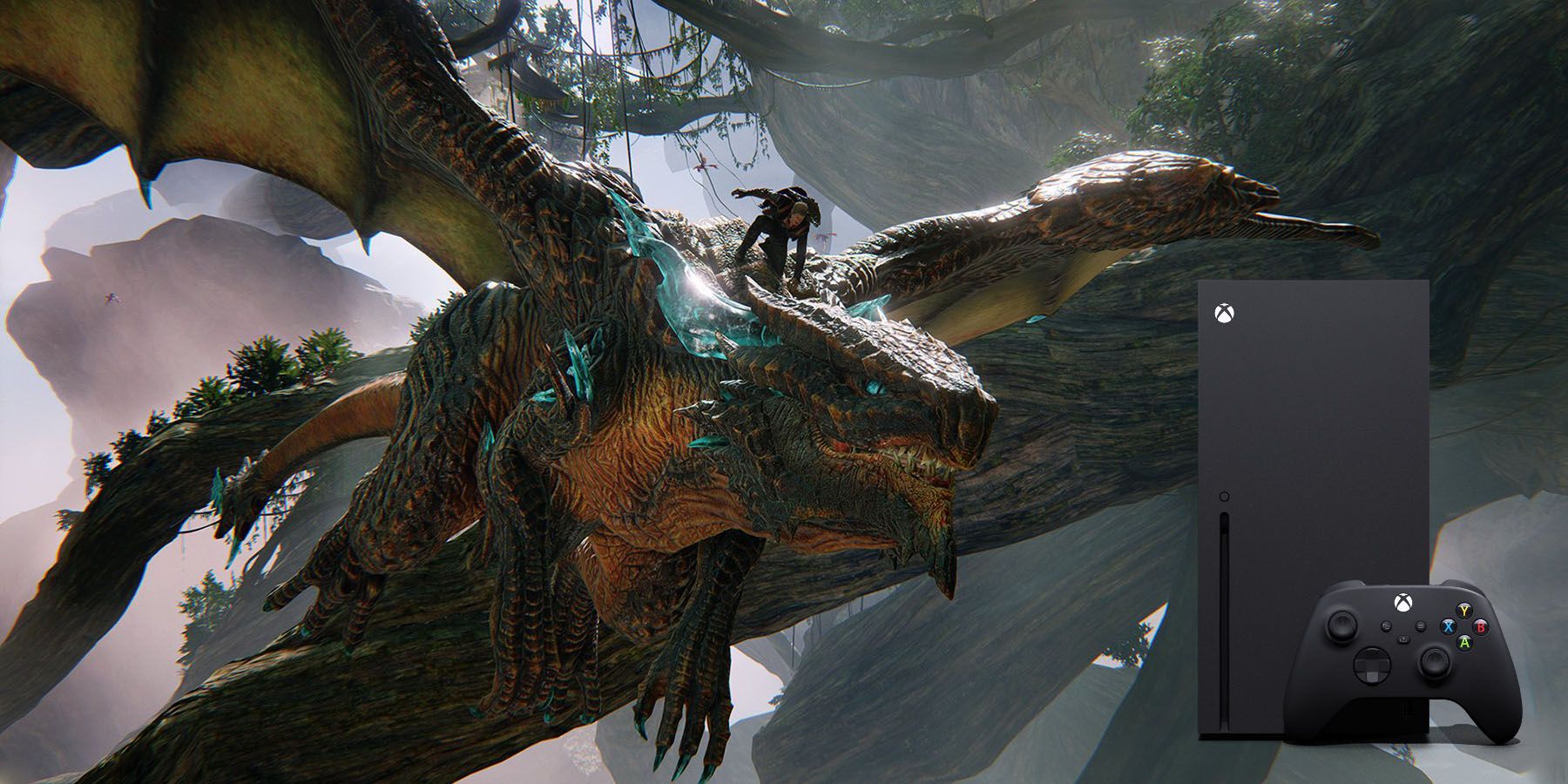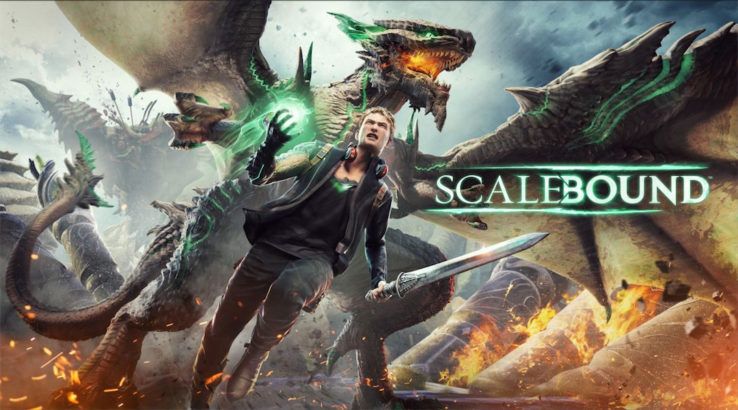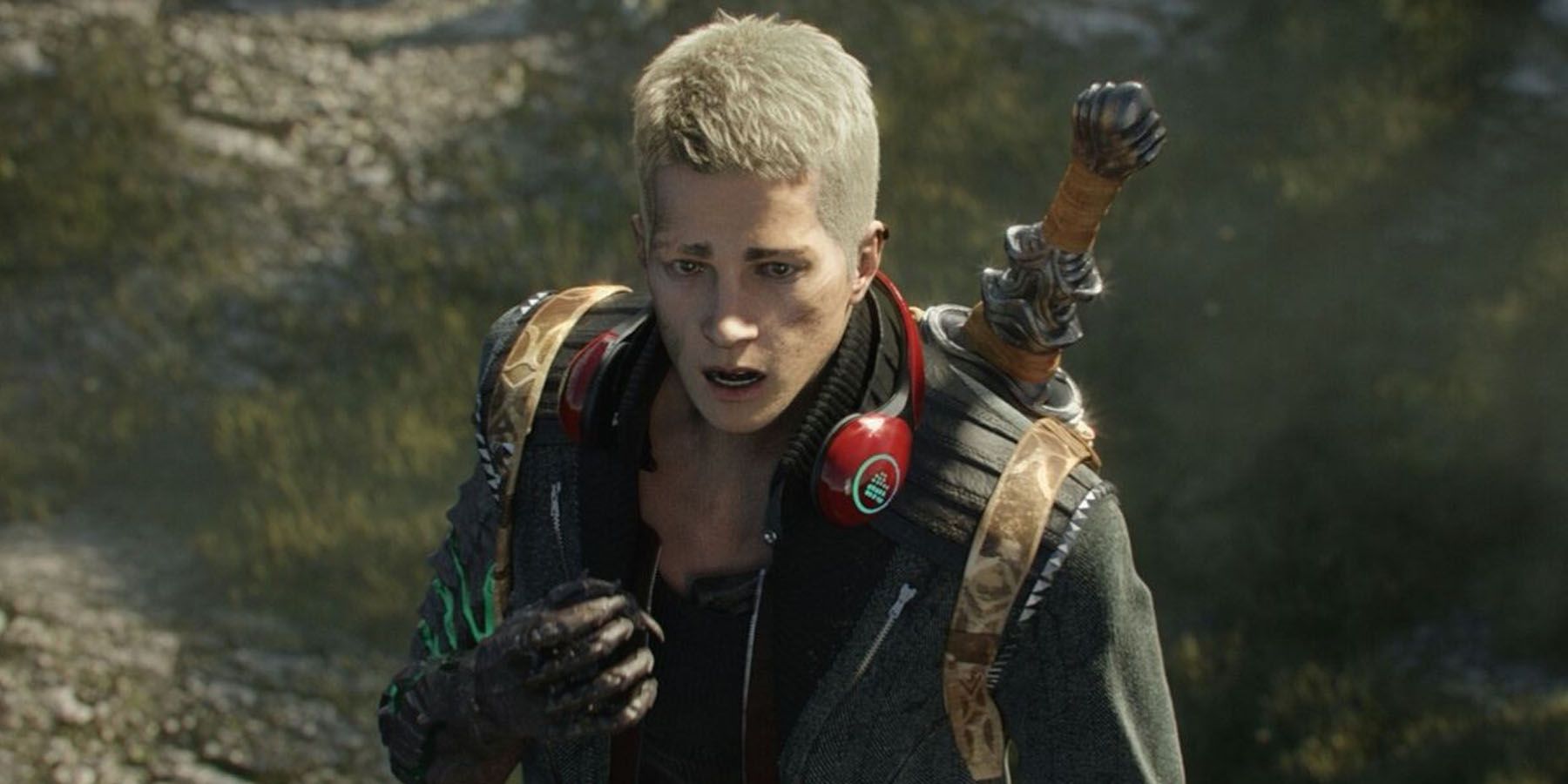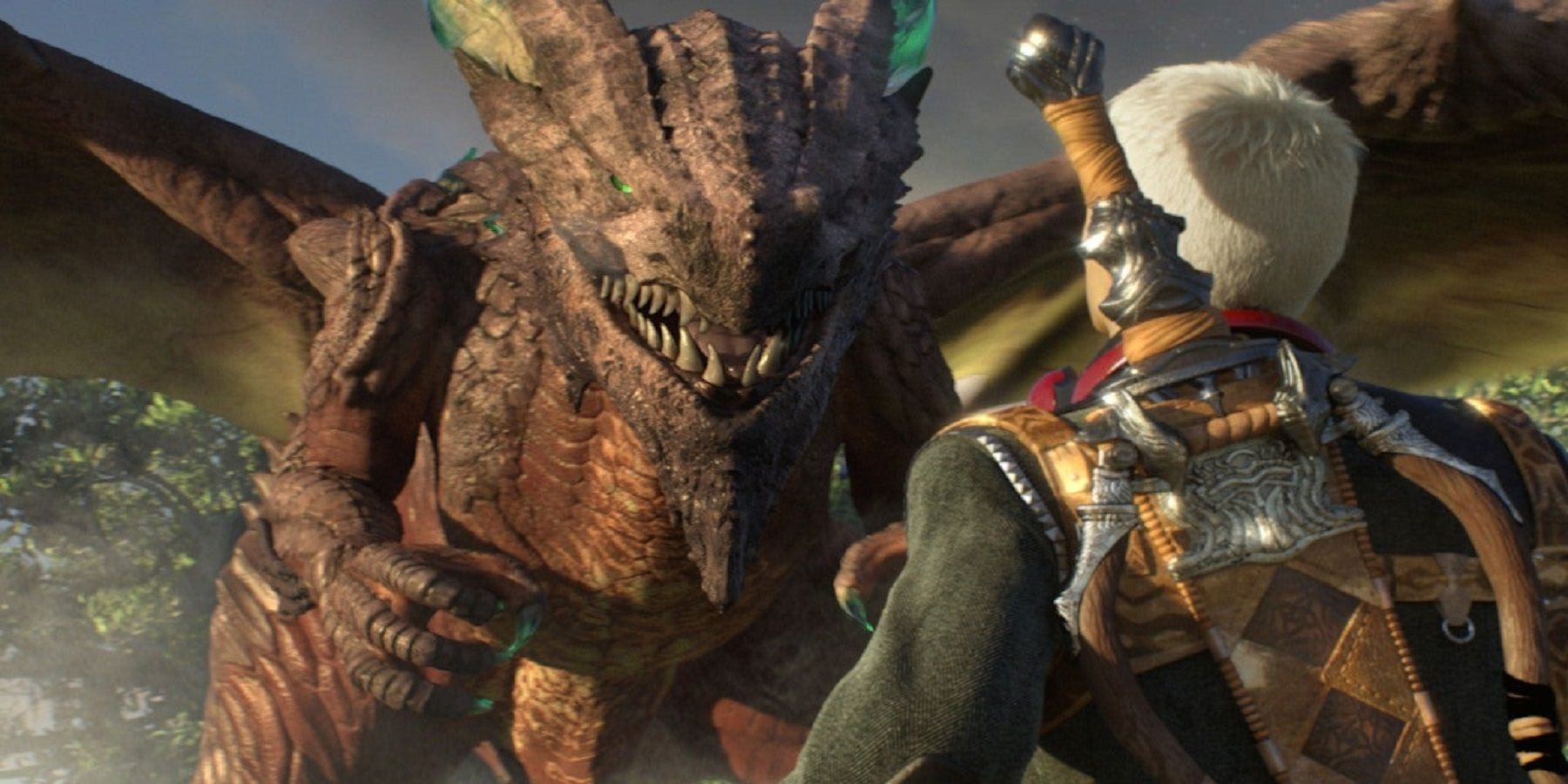Over the past few years, Microsoft has acquired everything from Obsidian Entertainment to Bethesda (and is in that process for Activision Blizzard). There are many reasons for these business deals on Microsoft’s end, but there’s at least one criticism this is directly addressing: no Xbox exclusives. Throughout the entire Xbox One generation, the lack of exclusives was its number one critique by gamers.
Gamers are in a period of waiting this out, as it stands, as more and more Xbox exclusives are set to release in 2022 and beyond. With Bethesda, eventually Activision Blizzard, and others under its wing, it seems safe to say that this critique will eventually be no more. Halo Infinite and Forza Horizon 5 were a step in the right direction, and there’s more on the horizon.
That’s not to say the Xbox One didn’t try to get exclusives, as Scalebound was one big draw for many fans from the get-go. It began development around 2013, was revealed in 2014, and canceled in 2017. Its cancellation wasn’t just the complete undercut for strong exclusives on the Xbox One gen, but it was a stab to the heart for fans who had followed it so long.
What Was Scalebound?
The general premise for the game was something incredibly enticing. Drew, the main character, was brought into the world of Draconis—a premise befitting the Isekai genre (comparable to Square Enix’s Forspoken). Drew was bound to a dragon named Thuban, meaning if Drew died, Thuban died. Because Drew is also an outsider in the world of Scalebound, players would largely customize Thuban for an interesting twist and not Drew. Thuban would largely be AI-controlled but commandable, until Drew entered Dragon Link mode where players could assume control of Thuban.
Thuban’s abilities, appearances, armor, and more could be modified, and as players progressed throughout Scalebound’s story, Drew would eventually be able to ride Thuban. There wasn’t much in the way of crafting, but players could equip new weapons, perform unique attacks on enemies, and more. Drew would have a dragon arm, tied to Thuban, that could scan enemies, unleash pulse energy, and heal the dragon. On top of that, players could shapeshift into a Half-Dragon hybrid, and then on top of even that, it would have featured four-player co-op.
Genuinely, gameplay alone—as detailed back in 2014—was incredibly enticing. Come 2017, though, while fans were questioning what was going on with Scalebound, Microsoft (which owns the IP, not developer PlatinumGames) announced its cancellation.
What Went Wrong With Scalebound
The story of Scalebound is a story of lessons learned. On Microsoft’s side, Phil Spencer has discussed how this impacted his leadership of Xbox. Not only did he learn not to talk about a game so much until something substantial was in his hands (likely impacting current marketing around Fable and other games), but he discussed how Microsoft and PlatinumGames had no ill feelings for each other. It was an unfortunate series of circumstances that ultimately led to its cancellation.
On PlatinumGames’ end, devs have talked about how they didn’t have the experience for this kind of game, how much of a toll it was on their mental health, and more. Many at PlatinumGames have apologized time and again for Scalebound’s cancellation, and it twists the blade that Scalebound was a particular unique passion project for PlatinumGames—a vision of its director finally brought to life. Although PlatinumGames wasn’t ready then and Microsoft had its own shortcomings involved, PlatinumGames seems ready to work on Scalebound again, with director Hideki Kamiya stating in an IGN Japan Interview, “Phil! Let’s do it together!”
Scalebound Crashed and Burned on the Xbox One, Can Be Reborn on the Xbox Series X
According to Kamiya, much of the work done on Scalebound is still there, and there’s no point leaving it as is. Indeed, if PlatinumGames is ready, Microsoft lending its giant pool of resources and support only makes sense. It could right a wrong that plagued the Xbox One generation, and it could build on top of the new exclusive fervor of the Xbox Series X generation.
There are too many reasons to bring it back to list here, but as Spencer seemingly sees this as a stain on his record, it’s one that can be wiped away. Scalebound, to some degree, is still there. Renewed work on it can be done behind closed doors, it can be brought up to Xbox Series X standards, utilize new innovations and tech to improve the core content already there, and then Spencer/PlatinumGames can hold off on the announcement until the year of its release. If Scalebound comes back strong, then that’s great for the Xbox Series X, for other exclusive games under Microsoft’s umbrella, and more.
Bringing back Scalebound would come with high expectations, of course, but even years after its cancellation, it’s still remembered because it was so enticing on paper alone. Many other titles would have simply fallen to the wayside. Microsoft and PlatinumGames have a chance to redeem one of the biggest shortcomings of the Xbox One generation, and Microsoft (especially as it continuously tries to push into the Japanese market), PlatinumGames, and Xbox Series X fans have nothing to lose by pushing the project forward. It just has to deliver on the original promise and hold a candle to the other projects in Microsoft’s growing library, and while that’s easier said than done, the rewards far outweigh the risks.
Scalebound was canceled in 2017.




